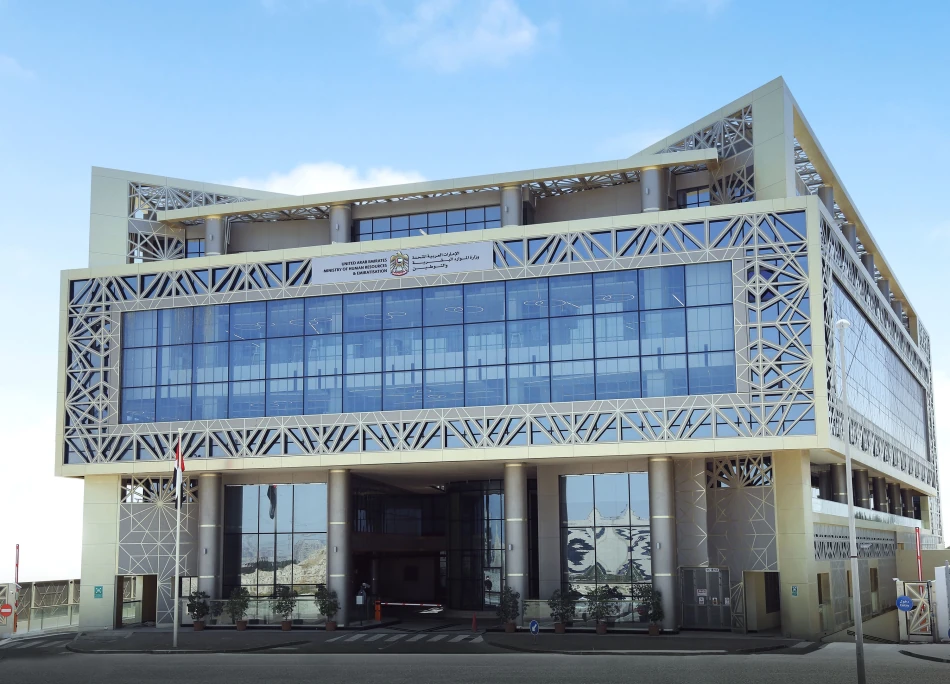
Employers Embrace Heat Stress Relief Measures: 99% Compliance with 2023 Labor Protection Campaign
UAE Concludes 21st Annual Heat Protection Campaign with 99% Private Sector Compliance
The UAE's Ministry of Human Resources and Emiratisation has wrapped up its annual "Protection of Workers from Heat Stress" campaign, achieving an impressive 99% compliance rate from private companies during the three-month summer initiative. The policy, which has run for 21 consecutive years, banned outdoor work between 12:30 PM and 3:00 PM from June 15 to September 15, demonstrating the Emirates' sustained commitment to worker welfare in one of the world's harshest climates.
A Model for Regional Labor Protection
The campaign's remarkable success rate positions the UAE as a regional leader in worker protection standards. Unlike many Gulf states where heat-related worker safety remains inconsistent, the Emirates has transformed what began as a seasonal policy into an embedded corporate culture. This year's initiative provided over 10,000 air-conditioned rest areas for delivery workers across the country, alongside comprehensive medical checkups and awareness programs.
Mohsen Ali Al-Nassi, Assistant Undersecretary for Inspection and Compliance, emphasized that the policy's two-decade track record reflects the UAE's humanitarian approach to labor market regulation. The consistent application has created a framework that other regional economies are beginning to emulate, particularly as climate change intensifies summer temperatures across the Middle East.
Economic Implications Beyond Worker Safety
The high compliance rate signals a mature relationship between government regulation and private sector cooperation that extends beyond moral imperatives. Companies operating in the UAE have recognized that worker protection policies enhance productivity and reduce healthcare costs, creating a business case for compliance that transcends regulatory requirements.
This approach contrasts sharply with enforcement challenges seen in other labor-intensive economies, where heat protection measures often face resistance due to perceived productivity losses. The UAE's model demonstrates that consistent, long-term policy implementation can shift corporate behavior from compliance-driven to value-driven.
Infrastructure Investment Drives Success
The campaign's effectiveness stems from substantial infrastructure investment, particularly the 10,000 cooling stations established for delivery workers—a sector that has exploded with e-commerce growth. This targeted approach addresses modern labor market realities, recognizing that gig economy workers often lack the workplace protections available to traditional employees.
Dalal Al-Shahy, Acting Assistant Undersecretary for Labor Protection, highlighted how the initiative extends beyond regulatory compliance to encompass social responsibility. The comprehensive support system—including hydration supplies, first aid equipment, and medical monitoring—creates a safety net that protects the UAE's diverse workforce of over 9 million people, with expatriates comprising roughly 85% of the population.
Regional Competitive Advantage
As Gulf states compete for skilled labor and international investment, the UAE's worker protection record provides a distinct competitive advantage. The consistent application of heat stress policies over two decades has created institutional knowledge and corporate culture that newer initiatives in neighboring countries cannot quickly replicate.
The timing of this year's campaign conclusion is particularly significant as the UAE prepares for COP28, positioning the country as a leader in climate adaptation strategies. The heat protection program serves as a practical example of how nations can address rising temperatures while maintaining economic productivity—a critical balance as global temperatures continue to climb.
Implications for Future Labor Policy
The 99% compliance rate achieved this year suggests that the UAE's approach of combining regulatory requirements with infrastructure support and awareness campaigns has reached maturity. This model offers valuable insights for other countries grappling with extreme heat conditions, from India's construction sector to Australia's mining industry.
As climate change makes extreme heat events more frequent globally, the UAE's systematic approach to worker protection may evolve from a regional best practice to an international standard, particularly for countries seeking to balance economic development with worker safety in challenging environmental conditions.
Most Viewed News

 Sara Khaled
Sara Khaled






